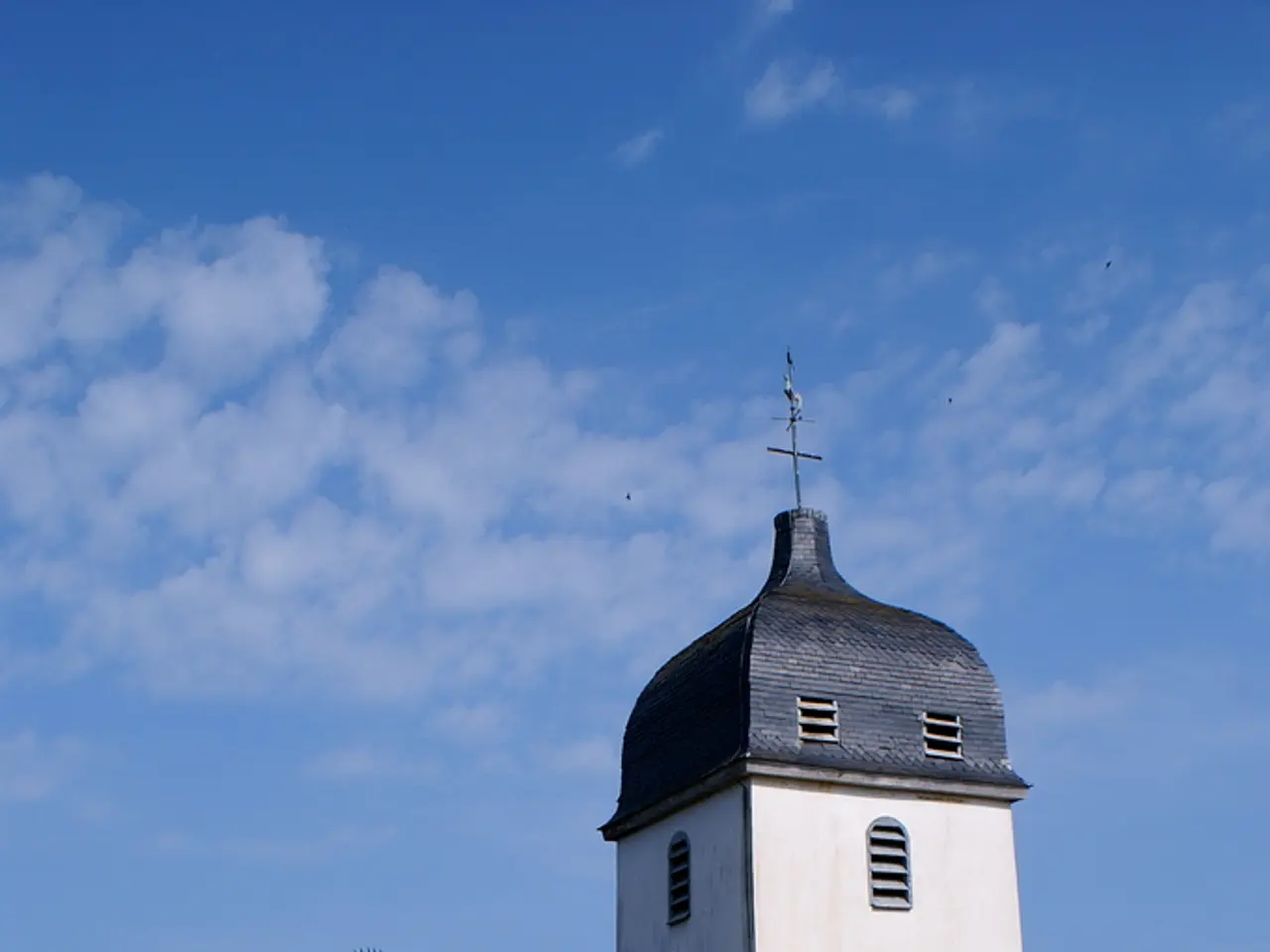"Unrelenting environmental abuse leaves an aching sentiment"
Kwabena Asamoah-Gyadu, the current presiding bishop of the Methodist Church of Ghana, is a prominent figure in the country's religious landscape. As an ordained minister, professor, and denominational leader, he advocates for a church that encourages and promotes our common humanity, rather than putting religious faith ahead of humanity.
Ghana, a predominantly Christian country, is home to various religious groups, including Christians, Muslims, Hindus, Buddhists, and those practicing traditional or animistic religions. The church in Ghana promotes religious tolerance, a value that Asamoah-Gyadu believes is crucial in a world where prioritizing ethnicity over humanity can lead to devastating consequences, as seen in the Rwandan genocide.
The Methodist Church of Ghana, with roots in British Methodism but distinctly developed over time, is conservatively evangelical, emphasizing the authority of the Bible, personal faith, active witnessing, and Christian morality. However, the church faces several challenges, including financial constraints, lack of adequate worship facilities and instruments, poor leadership attitudes, inadequate supervision, lack of support, and an unwillingness of some lay preachers to serve in rural areas.
To address financial and resource shortages in rural churches, the Methodist Church implements strategies such as encouraging support from thriving churches, providing financial aid, and introducing financial relief measures for struggling rural congregations. The church also aims to empower rural communities to combat poverty by investing in health care and social services.
Regarding environmental destruction, specific initiatives by the Methodist Church in Ghana were not prominent in the available sources. However, the church acknowledges regional environmental issues related to mining and legislation, which may indirectly affect Church-related community work.
In terms of religious tolerance, the church reflects on its historical and social role amidst Ghana's complex past, including the legacy of slavery. Discussions within the church emphasize learning from history, fostering joy in worship, and reexamining the foundations of the church’s mission to promote unity and humanity among diverse groups.
The Methodist Church in Ghana does not support the ordination of LGBT individuals, citing biblical teaching as the reason. The speaker, Asamoah-Gyadu, has criticized some American politicians for promoting hate and homophobia.
Despite the challenges, the Methodist Church in Ghana continues to work on strengthening rural ministries, leadership quality, and community involvement to overcome these challenges, although much remains to be done. The church's reflective engagement with history and its commitment to promoting unity and humanity among diverse groups encourage a stance of tolerance and reconciliation.
[1] [Source] [2] [Source] [3] [Source] [4] [Source] [5] [Source]
- In an effort to ensure a sustainable future, Kwabena Asamoah-Gyadu proposed integrating environmental-science education into the church's curriculum, emphasizing the importance of personal-growth and self-development in addressing climate-change issues within the community.
- The Methodist Church of Ghana, recognizing the need for continuous learning and adaptation, has shown interest in expanding its reach to include topics like environmental-science, climate-change, education-and-self-development, and personal-growth, alongside its existing focus on faith and morality.




